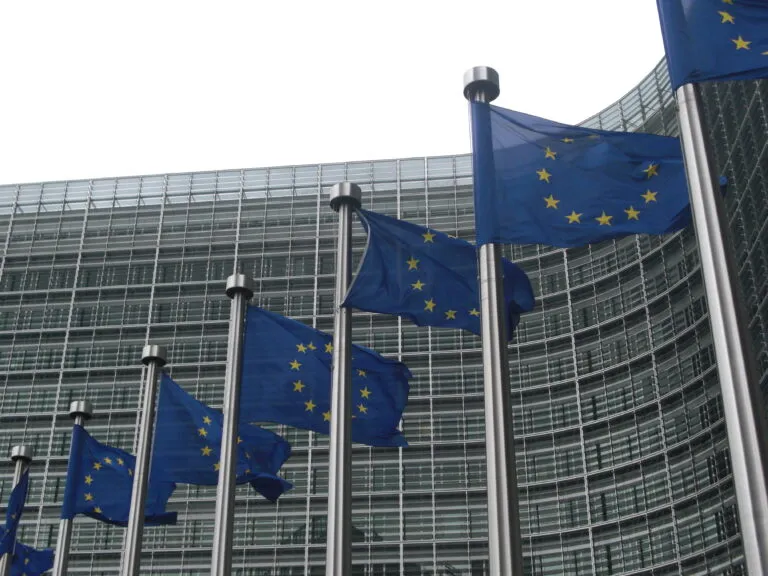EU Parliament passes resolution condemning China's 'crimes' in Xinjiang, requires import ban
- The European Union (EU) Parliament has passed a new resolution condemning civils rights misuses in China's Xinjiang area and also has actually gotten in touch with its exec, the European Commission (EC), to pass tougher profession sanctions on the nation.

In a strongly worded statement, the EU implicated China of crimes against humanity, mass sterilisation, genocidal acts as well as even more. It contacted the EC "to propose an import ban on all products produced forcibly labour and on products generated by all Chinese business provided as exploiting forced work" adding that it "repeats its setting in favour of an ambitious business sustainability due diligence directive."
Europe currently has some permissions on China connecting to Xinjiang when last year it targeted 4 Chinese nationals as well as one entity with assents over supposed accusations of compelled labour. Numerous companies also have their own ESG dedication and self-sanction offered the claims.
Yet the current move by the EU is much more strong in its language and advocates the overall ban of all items coming accused of being made forcibly work and all companies "listed" as making use of compelled work.
Notably, the resolution just points out the Xinjiang self-governing area, as opposed to various other locations of landmass China where allegations of pressure work of ethnic groups have been levelled by the EU, suggesting a tighter emphasis of its suggested sanctions.
In coincides with the upcoming implementation of the United States' Uyghur Compelled Labor Prevention Act (UFLPA), signed into law by the Biden Administration in December, as well as a result of work on 21 June, when a listing of 'blacklisted' firms will certainly be released.
Experts talking on a ROTH Capital webinar the other day stated Europe would likely seek to the impact of the UFLPA in the US and possibly use it to educate its very own sanctions regimen.
While the majority of wafer, cell as well as module capacity in China lies outside of Xinjiang, almost half of existing polysilicon framework is based in the region, although this is slowly changing with factories increasingly arising in other areas, such as Inner Mongolia.
It increases the inquiry of exactly what permissions the EC will certainly seek to apply-- it has hesitated to in the past-- and the possible impact on the solar industry and also the supply of modules to Europe.
In the context of EU assents on Russia following its intrusion of Ukraine, which has seen many country states overhaul their power policies to consist of even more renewables, the EU's target to hit 740GW of solar by 2030 would certainly look significantly challenging to meet if it were to enforce a covering ban on any type of Chinese imports connected to Xinjiang, without pointing out the myriad troubles around supply chain traceability.
Also read

